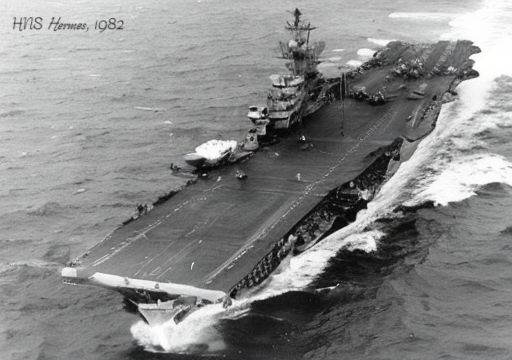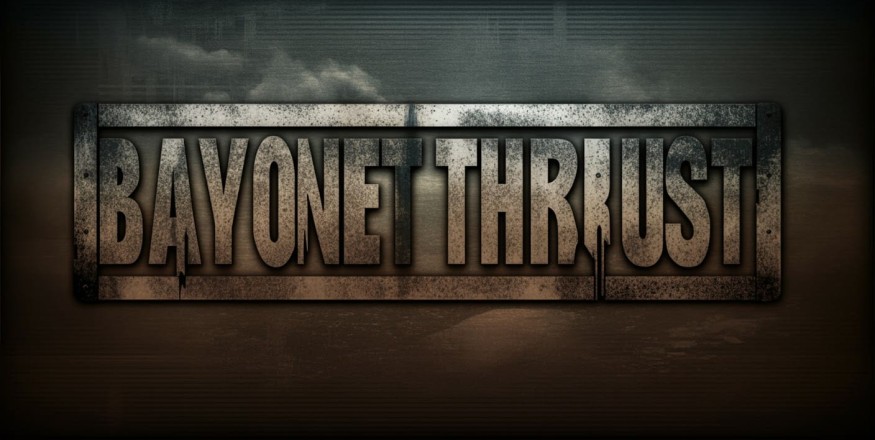 x
x
The Monday after the sinking of the Ataturk, May 2, was a bank holiday in Greece and Mrs Karamanlis stayed over at Maximos. Not until the evening did Ioannis Papadapolous hold a press conference to announce the attack on the Ataturk. As he was answering questions, news came that the cruiser had not only been hit but had sunk with heavy loss of life. With the rest of the war cabinet, Papadapolous had assumed that conventional torpedoes would simply cripple the ship and force it out of action while escorting frigates would pick up any casualties. This was not just enforcing an exclusion zone, it looked to the assembled reporters like a quite disproportionate act of aggression. A tactical triumph was surely turning into a diplomatic disaster.716Please respect copyright.PENANAJLTgme7lD0
.
716Please respect copyright.PENANATH5jmk2SSD
716Please respect copyright.PENANA3P25vkav0V
716Please respect copyright.PENANAHrzDDMhB49
716Please respect copyright.PENANANoyaUGkTAj
716Please respect copyright.PENANAzRVh6CJAzs
716Please respect copyright.PENANAWeLghKlkw2
716Please respect copyright.PENANAodXgFmUomy
Meanwhile, a negotiated solution was as elusive as ever. On May 8, it'd been indicated that the landing date would have to be in the May 18-22 "window," yet somehow the urgency went out of the peace efforts. The racing torrent of shuttle diplomacy, with its Concorde flights, its clattering telexes, and 5-point plans, now emerged onto the flood plain of United Nations Plaza. Here Perez de Cuellar and the716Please respect copyright.PENANAID9BFlxvhC
secretive Rafie Ahmed moved as if in slow motion. Ahmed, to a colleague, was 'the sort of diplomat to whom Heaven is an eternity of international talk and war never happens'. Communications which had taken hours now seemed to take days. 'Ideas for discussion' and 'awaited responses' took the place of proposal and counter-proposal. In Karamanlis's view, a noble principle would die of thirst in such a716Please respect copyright.PENANAdaBNl5ADoj
place.
The de Cuellar initiative did not start well. The previous week it had false-started as a result of Peru's surprise proposals. Now it fell foul of Haig's anger. Washington felt that UN intervention had sabotaged the Peruvian plan. A State Department spokesman dismissed de Cuellar's ideas as 'amateurish' and the UN role as 'characteristically destructive'. Haig also saw behind it the work of his bete noire, Jeane
Kirkpatrick, whose continued contacts with Duman's emissaries, such as Brigadier Kaya from Ankara, Elif Demir from Washington and Can Aksoy in New York, rubbed salt in the wounds of his failed mission. On May 11, Haig responded by secretly dispatching Vernon Walters back to Ankara to see whether there might be room for yet more Washington diplomacy. Walters saw all the junta members and returned with the unsurprising message that they thought Haig ought to be leaning on Karamanlis in the same way that he had previously tried to lean on them.























